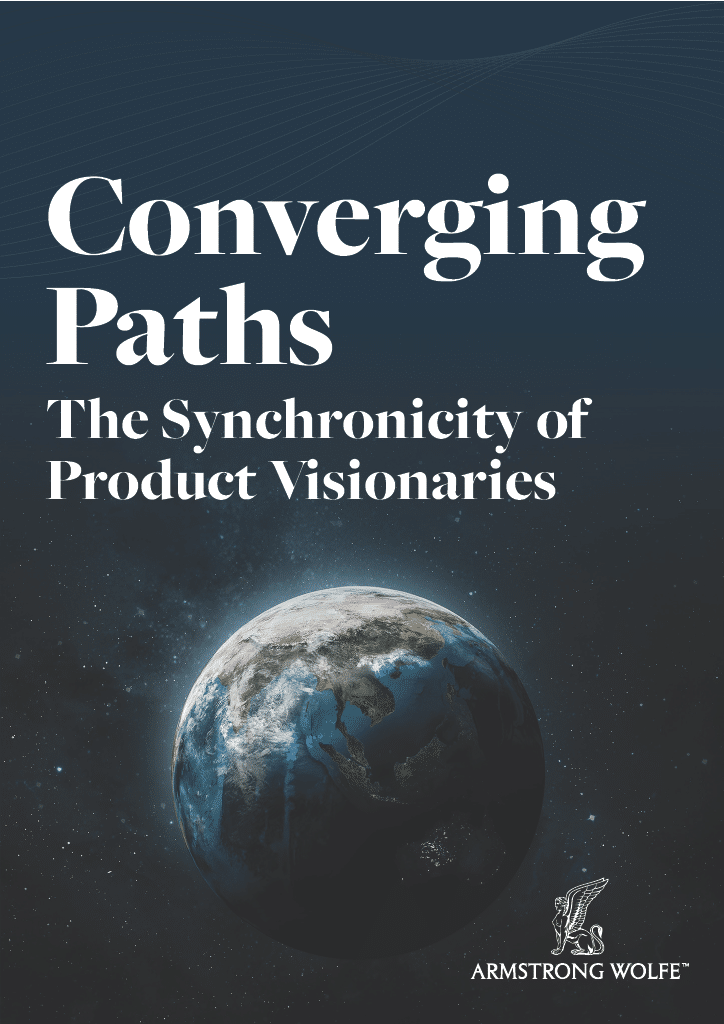What is becoming clear, as we enter the 3rd quarter of the world operating under the cloud of a pandemic, is that workforce planning and distribution will never be the same. Economies, all sectors, corporates within them must embrace this opportunity to run with the tide of change. The general workforce is now empowered, tooled and fully operational through ever evolving technologies.
Today’s reality presents an opportunity for transformation of the workplace.
Many businesses will be looking at their options for capital release, but even without upcoming lease-breaks, future lease costs of unoccupied space can be written-off under certain conditions, which could place a business in a stronger financial position for recovery.
As important as reducing the cost of real estate, businesses also have an opportunity to transform the workplace and improve productivity.
Good leadership is key. Some staff will have found working from home a revelation in terms of their effectiveness and output, while others have undoubtedly found it hard for a myriad of reasons. We must not forget that it’s the actions of our people that ultimately drive revenue and ROE and leaders should take the time to understand how they work and the hurdles limiting their productivity.
Few firms offer truly effective management training and employees with poor leaders may be especially struggling currently. Senior leaders need to identify these people and find ways to reach out to them.
Some will also see their experience of the effectiveness of remote working as a chance to widen the talent pool, which it may well be, but that mustn’t simply become a way to pay less than officebased colleagues. Equally, managers have a duty of care as well as a supervisory, and potentially a regulatory, responsibility to know where their staff actually are and work from and ignorance can have very real tax and legal implications.
Finally, teams work better together, so we must not lose the many benefits of teamworking and find ourselves in a position with a loose collective of lone rangers, who may never meet in person, or overlook those employees who are more effective with a regular office base.
Co-written by Maurice Evlyn-Bufton, CEO, Armstrong Wolfe and David Harding, Former MD COO, Morgan Stanley










